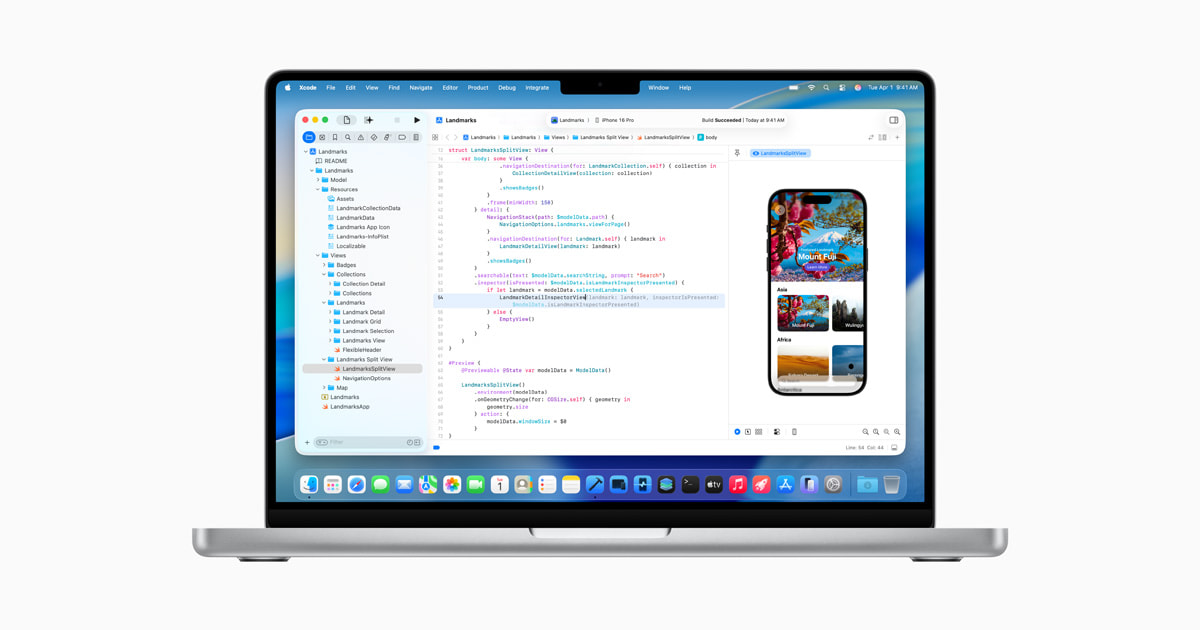WSL for Mac?
Yeah pretty much.
MSL that is.
I wonder if you could run WSL under Wine…
Why do you need WSL?
MacOS is BSD, so you can do most Linux things with an issue. But some of the BSD tools have different options the the GNU tools.
We moved to Mac years ago and it makes doing almost everything I do a simples
because docker. it hard requires a linux kernel and is extremely slow on mac, just like it was on windows until they integrated with wsl.
I see, I don’t use docker all that much on my works Mac. So haven’t noticed the speed.
Also is it the storage share that’s slow? As docker desktop is a VM
well docker on mac is a fully emulated x86 vm. everything is slow.
Looking at the docs, I think the current docker desktop is native arm. QEMU is now deprecated
oh nice!
~~It’s not that slow. https://www.imore.com/tests-show-apples-m1-emulates-x86-faster-intel-can-run-it-natively~~
Edit: actually I just benchmarked it and containerized x86 Linux runs at like 40% of native speed. So yeah, that’s pretty freakin slow.
FWIW arm64 containers ran at nearly native speed, so it’s the x86 emulation that seems to be causing the slowdown.
yeah last i worked with it i was the first person in the company to evaluate the arm macs, and it basically couldn’t run our application at all. took a full 40 minutes to spin up, then crashed.
That’s only if you’re running an x86 container right? It should be native with an ARM64 one.
yeah. last i had a mac there were no arm containers though.
No. Mac is NOT BSD. Mac took the BSD user space from 20+ years ago. That’s all.
I’m not sure why this myth keeps being repeated over and over.
If that’s all it takes to “be” BSD, then windows is also BSD since the entire windows network stack was lifted from BSD
it looks like a unix system enough that I can run most of my shell scripts, Windows on the other hand can get in the bin please
deleted by creator
That’s very cool! But, my work needs to run proprietary x86 containers not ARM ones. We are sadly being “forced” (they rather still not turn to open source software) to move to Windows. It’s a shame.
I haven’t checked but it should be possible?
macOS has had support for x64 binaries in Linux VMs for a few years now, using their Rosetta 2 translation layer.
I’ve been using colima for x64 emulation. This blog talks a little bit about it, but basically you start colima in either arm or x64 mode and then can run that type of image - https://blog.barakimam.me/running-vs-code-devcontainers-with-x8664-runtime-on-apple-silicon
the performance isn’t there yet, unfortunately.
Linux isn’t an option?
like a macpak?
I looks like it only allows 1 virtual machine at a time so docker-compose wouldn’t work
I wonder if this opens up any new opportunities for cool Distrobox usecases.
You can already sort of hack distrobox-like functionality, but the biggest problem with doing so is that there’s no Wayland or X11 server running on macOS, so GUI applications don’t work unless you install something like XQuartz, and even then, it’s a pretty janky experience.
So Apple computers actually turn useful?
deleted by creator
Docker to my knowledge still requires a real Linux running somewhere, somehow. In MacOS, it has traditionally been some sort of a VM running under the hood via docker-machine. As this is
emulationvirtualization, it has a rather severe overhead.This containerization framework sounds like it might enable a more light-weight version of Linux, somewhat similar to what Windows has had via WSL for some time.
docker-machine doesn’t use emulation, it’s virtualization.
Yeah, good catch
I hope I can run ollama in a container with full power, can’t install it natively on my work computer
Still uses VMs, although it’s 1 VM per container.








